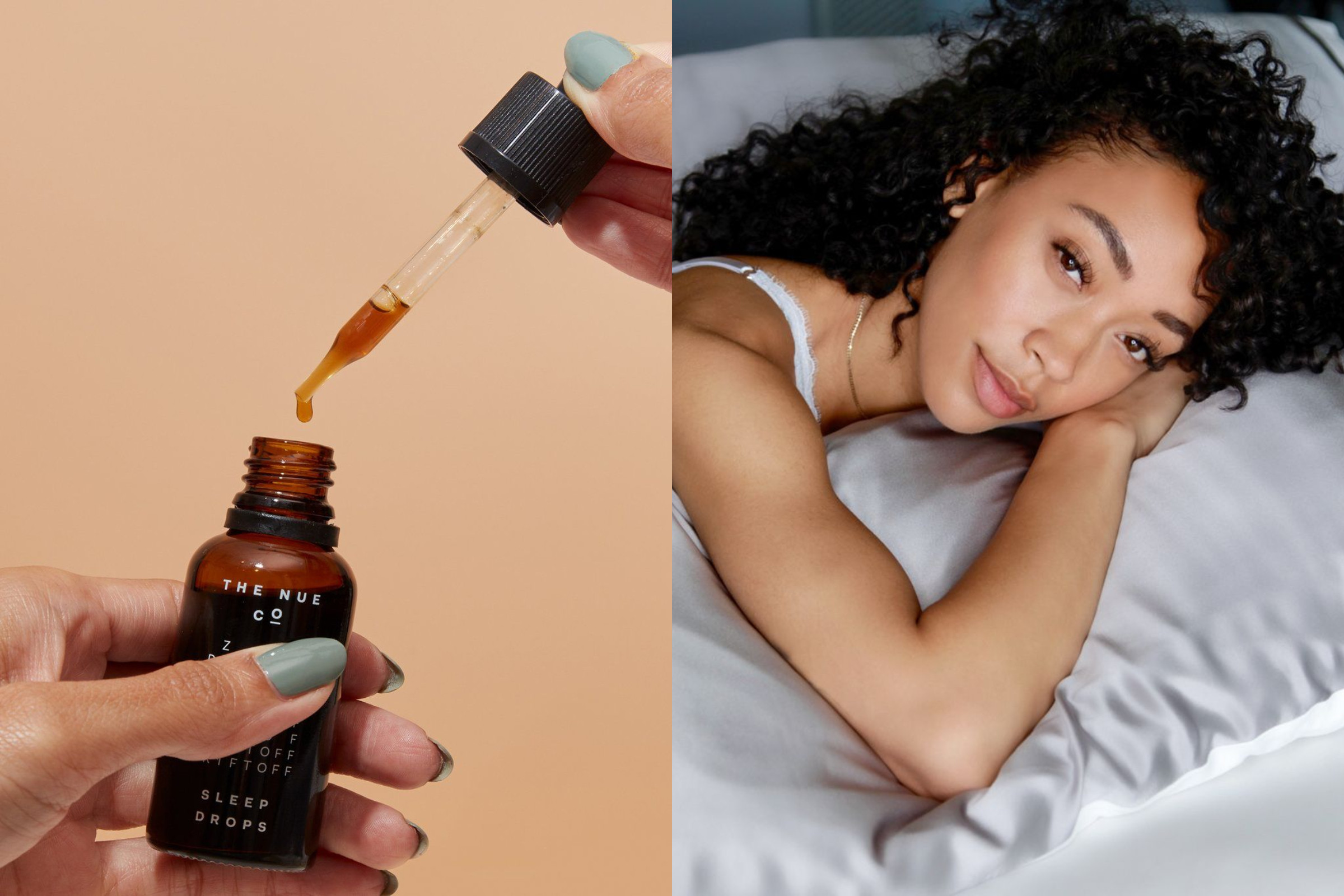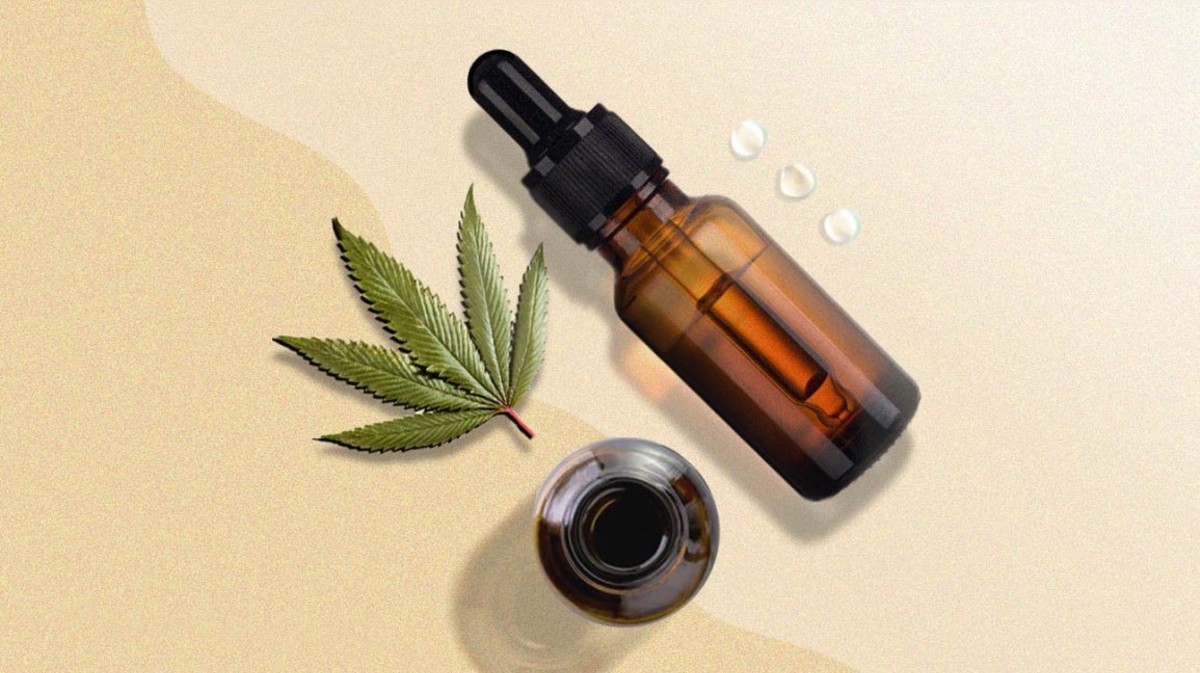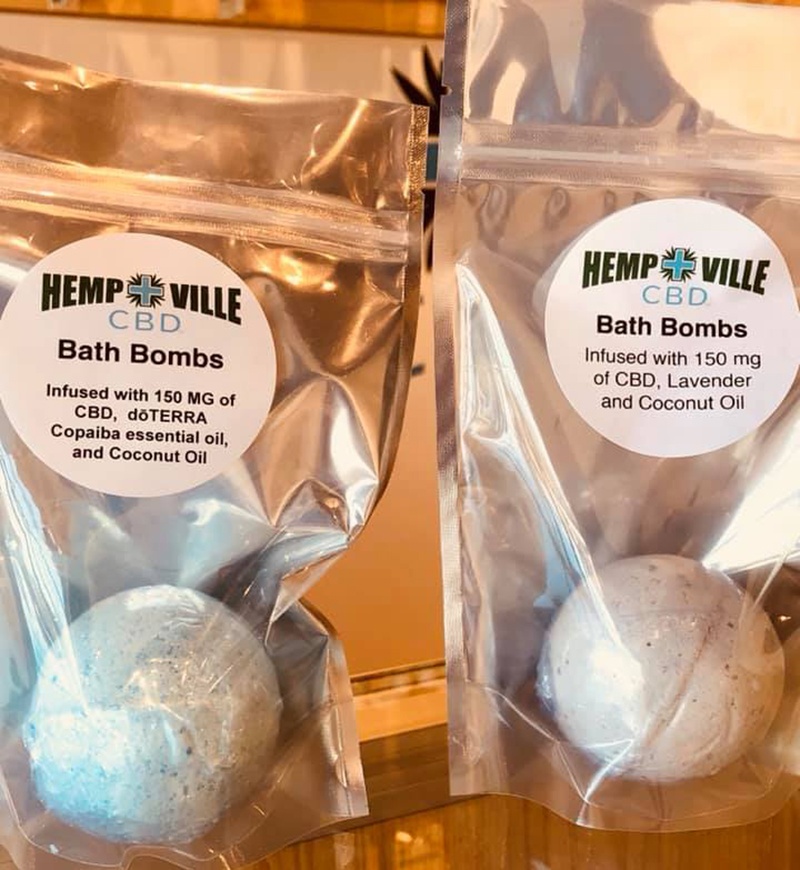
Physicochemical and functional characteristics of jumbo squid mantle muscle gels have been characterized. These muscle gels have been examined to determine the role of menthol and camphor as well as salicylate. These ingredients were found to be useful in enhancing the efficacy and effectiveness of muscle gels.
The physical and functional properties of the jumbo squid muscle gels
The physical, chemical, and functional characteristics of jumbo squiggle mantle muscle gels were studied. They evaluated the effect of different fibres upon the gels’ water-holding capacity, whiteness, and color. The gels had a 3.0% fibre content which resulted in higher water-holding capacity as well as improved whiteness. In addition, amidated low-methoxyl pectin, a commercially available natural fibre, improved the gels' texture and shear strength.
Squid mantles were obtained from jumbo squid (D. gigas) harvested in Kino Bay, Mexico, in September 2010. Squid mantles were de-headed and gutted on site and then washed with freshwater at 25degC. The mantles were then transferred to a laboratory.

Effect of menthol
Menthol, an aromatized liquid with cooling properties, is an aromatized liquid. To enhance athletic performance, it can be inhaled or applied directly to the skin. Menthol's cooling effect can be combined with its ability to improve breathing performance during exercise. Menthol can also improve joint range of motion.
Menthol, a cyclic Terpene Alcohol, is composed of three asymmetrical carbon atoms. It acts on peripheral and nociceptors via transient receptor potential (TRP), channels, making it an effective analgesic. Menthol also acts as a contrairritant. It may activate central analgesic pathways in the brain.
Camphor effects
Camphor is a substance that is used to alleviate pain and treat infections. It's also known for its cooling properties. Camphor is a monoterpene monoterpene ketone that can be found in many plants. It is used topically to treat skin conditions such as antipruritic or anti-infective. Camphor trees from East Africa and Asia are used to extract the essential oil. The essential oils can be obtained from anywhere between 50-60-year-old plants. Camphor is not only used topically, but also has internal healing properties.
While camphor is not toxic, some people may experience side effects. People who use this topical medicine should follow the instructions carefully to avoid serious side effects. The medicine should not be applied to open wounds or sunburned skin. The patch should be worn for no less than eight hours on dry, clean skin.

Salicylates have a positive effect
Salicylates are known to inhibit SMC proliferation via the inhibition of their activation in NF-kB. The anti-proliferative effects of salicylates can be helpful in the treatment and prevention of vascular proliferative disease. Despite these promising results, salicylates do have limitations.
Salicylate reduces activity in cyclindependent kinase-2, and cyclindependent kinase-6. Salicylate also suppresses Cdk inhibitors (p21Waf1 und p27Kip1), which regulate the activity.
FAQ
What are the best uses for CBD?
CBD can also be used to treat anxiety. You can also use CBD to treat anxiety, pain, insomnia, epilepsy and inflammation.
There are many ways you can consume CBD. CBD can be consumed in many ways. You can eat CBD-rich foods, take CBD tinctures or vape CBD eliquids.
There are many benefits to consuming CBD. CBD has been shown to be beneficial for people with chronic pain, anxiety, PTSD, and other conditions.
How much CBD do you need?
Dosing depends on what type of product you're buying.
CBD oils can be purchased in strengths of 100mg up to 1,000mg per bottle.
Some CBD products come in specific doses such as 25mg 50mg and 75mg.
Charlotte's Web, for instance, produces CBD products that are high in CBD and other cannabinoids.
Begin with a low dose if you're not sure whether CBD will work.
You can always move up later.
Is CBD a good idea to invest in?
The demand for hemp-based goods continues to rise as more people realize their benefits. According to some estimates, there will be 1 billion dollars worth of hemp-based products in stores by 2022.
Market growth is expected to continue at a rate of more than 20% annually until 2020 when it will reach $2.5 billion.
Hemp oil is already used to make many beauty and healthcare products, such as lotions.
Many companies also make CBD-infused snacks, pet food, treats, and other food products.
CBD is currently legal in all 50 US states. This may change quickly. More research into CBD's potential uses will be done, which will make it easier for businesses and law enforcement to do business legally.
These factors make it clear that CBD investing can be a profitable venture.
Is the CBD industry saturated?
CBD industry is growing at over 25% per annum. This growth rate is expected to continue at least for five more years. The industry is forecast to grow from $2 Billion to $5 Billion by 2020.
Canndoc Ltd and GW Pharmaceuticals are the dominant players in the CBD market. Both companies are focused in developing pharmaceutical-grade products. They have not been very effective so far. They are both struggling to gain traction in the marketplace.
Cannabidiol or CBD is a form of cannabis extract with less than 0.3% HHC. It doesn't produce any psychoactive effects. It is used for treating epilepsy and other medical conditions. It is also commonly used as a dietary supplement.
There are many varieties of CBD products. Some CBD products are made with whole plants extracts, others use CBD isolates.
These products all have one thing in common: they contain low amounts of THC.
They are therefore legal under US federal law. However, this doesn't mean that you don't need to follow local laws when selling CBD products. Check with your state regarding the sale of CBD products.
Additionally, CBD products can be illegal in several states. These are California, Colorado. Florida. Mississippi. Missouri. New York. North Carolina. Ohio. Oklahoma. Oregon. Rhode Island. South Dakota. Texas. Utah. Virginia. Washington.
If you live in one of these states, then you will probably want to avoid making CBD products.
How big is the global CBD industry?
Euromonitor International estimated that the global CBD industry was worth $US3.5 billion in 2015. This represents a 10% increase from 2014.
The report projects that this figure will reach $US6.4 billion by 2020. This represents an average annual growth rate 12%.
CBD products are predicted to account for half of all the hemp-derived products globally by 2020.
This includes CBD oils and other CBD products like food, beverages, cosmetics and pet care items.
Statistics
- A recent systematic review of human trials also reported that individuals with epilepsy receiving CBD (5–20 mg·kg−1·day−1) were more likely to experience decreased appetite than those receiving placebo (i.e., ~20 vs. 5% of patients) (ncbi.nlm.nih.gov)
- The use of these products is likely to become even more widespread if the World Health Organization's recommendation that CBD no longer is scheduled in the international drug control conventions is adopted by the United Nations member states [201]. (ncbi.nlm.nih.gov)
- A recent study [161] also found that in vitro CBD treatment (i.e., ≤ 2 h exposure to 10 μM) induced ~40% vasorelaxation in isolated (pre-constricted) (ncbi.nlm.nih.gov)
- As a substance that was federally illegal before the passage of the 2018 Farm Bill, hemp-derived cannabinoids with no more than 0.3% THC still face a regulatory grey area. (forbes.com)
- however, one study also found that these effects were virtually abolished when the original media (a nutrient broth agar) was replaced with one containing 5% blood (increasing the minimum concentration to ~160 μM CBD) [179]. (ncbi.nlm.nih.gov)
External Links
How To
What are the issues that the CBD industry faces?
The market for CBD products continues to grow at an amazing rate. But, businesses who want to enter this market still face numerous challenges. There are many challenges facing businesses looking to enter this space, including low consumer awareness, high costs of entry and limited access to capital.
Many consumers do not know what CBD is or how it works. They are unable to make an informed decision about buying CBD products.
CBD companies are heavily dependent on word-of–mouth marketing. This is expensive because it requires paying for advertising and hiring staff to promote their brand.
Another issue facing new entrants into the CBD industry is the high cost of production. High prices are a major problem for CBD products because of the high cost of raw materials. CBD oil is made from hemp that has been grown in particular climates.
Grow enough hemp to produce CBD oil requires approximately $1,000 per annum. Many small farmers can't afford to begin.
Another challenge new entrants face in the CBD market is the lack of access to capital. Banks are often discouraged from helping people start businesses because of the stigma that surrounds the industry.
Final, there are regulatory uncertainties surrounding the sale CBD products. There are currently not clear guidelines as to how CBD products should marketing.
Although some states have passed legislation restricting CBD product sales, this has not become a national policy.
Only two states, Nevada and Maine, have yet to legalize recreational marijuana.
However, some states like Massachusetts and Michigan are considering similar measures.
These changes could lead to increased competition between CBD manufacturers.
These factors lead to many entrepreneurs choosing to work from their home instead of starting a physical company.